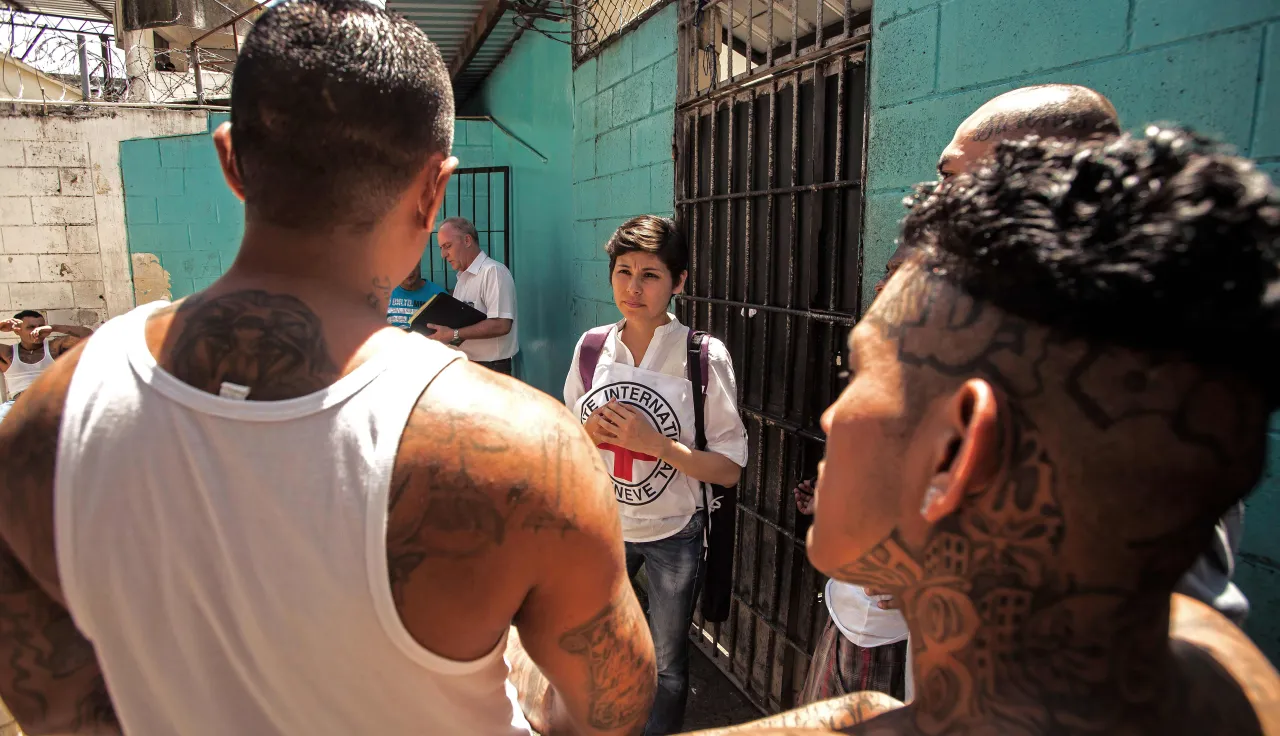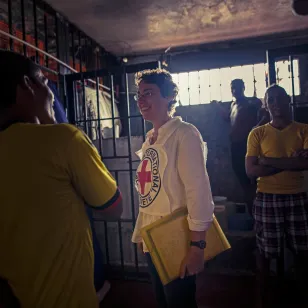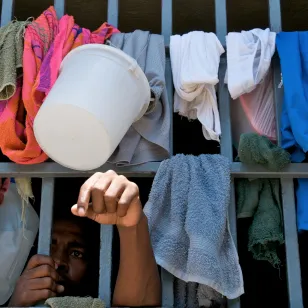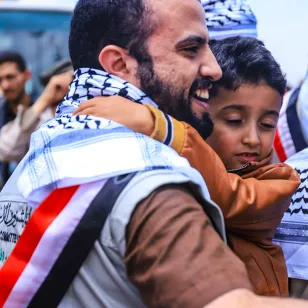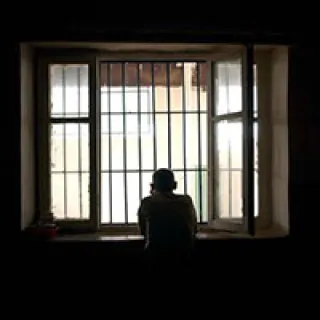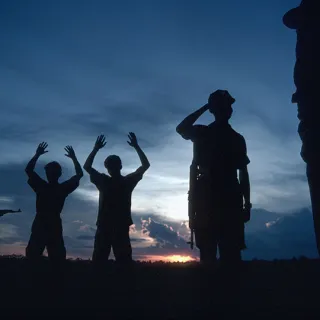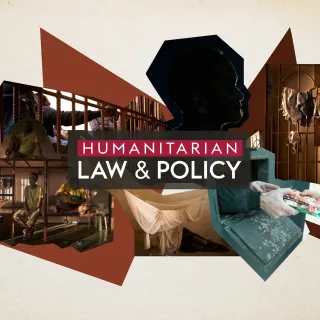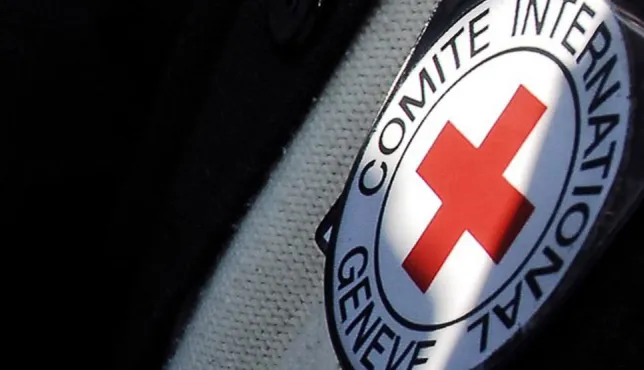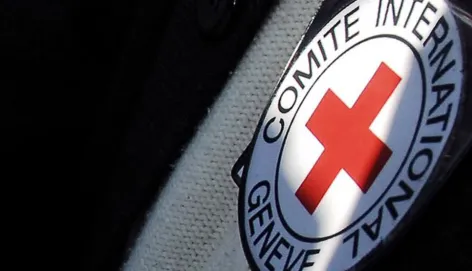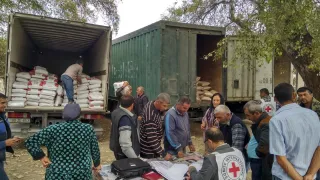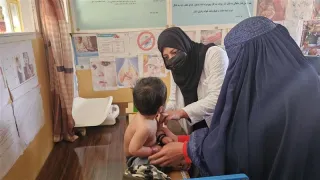Ensuring respect for the life and dignity of those deprived of their liberty
Every day, in conflict situations around the world, men, women and children are detained and deprived of their liberty. They may be at risk of ill-treatment, forced disappearance and summary execution. They may also lose contact with their families and be subjected to inhumane living conditions, limited access to food and water, or poor health-care services. Although the circumstances of their capture and detention may differ, the humanitarian needs of detainees are universal. Because of our status as a neutral and impartial humanitarian organization with a unique mandate granted by the Geneva Conventions and their Additional Protocols, we at the International Committee of the Red Cross (ICRC) are able to access detainees in places where others are not. This allows us to work to ensure that their basic needs are met and that they are treated humanely, with respect and dignity.

